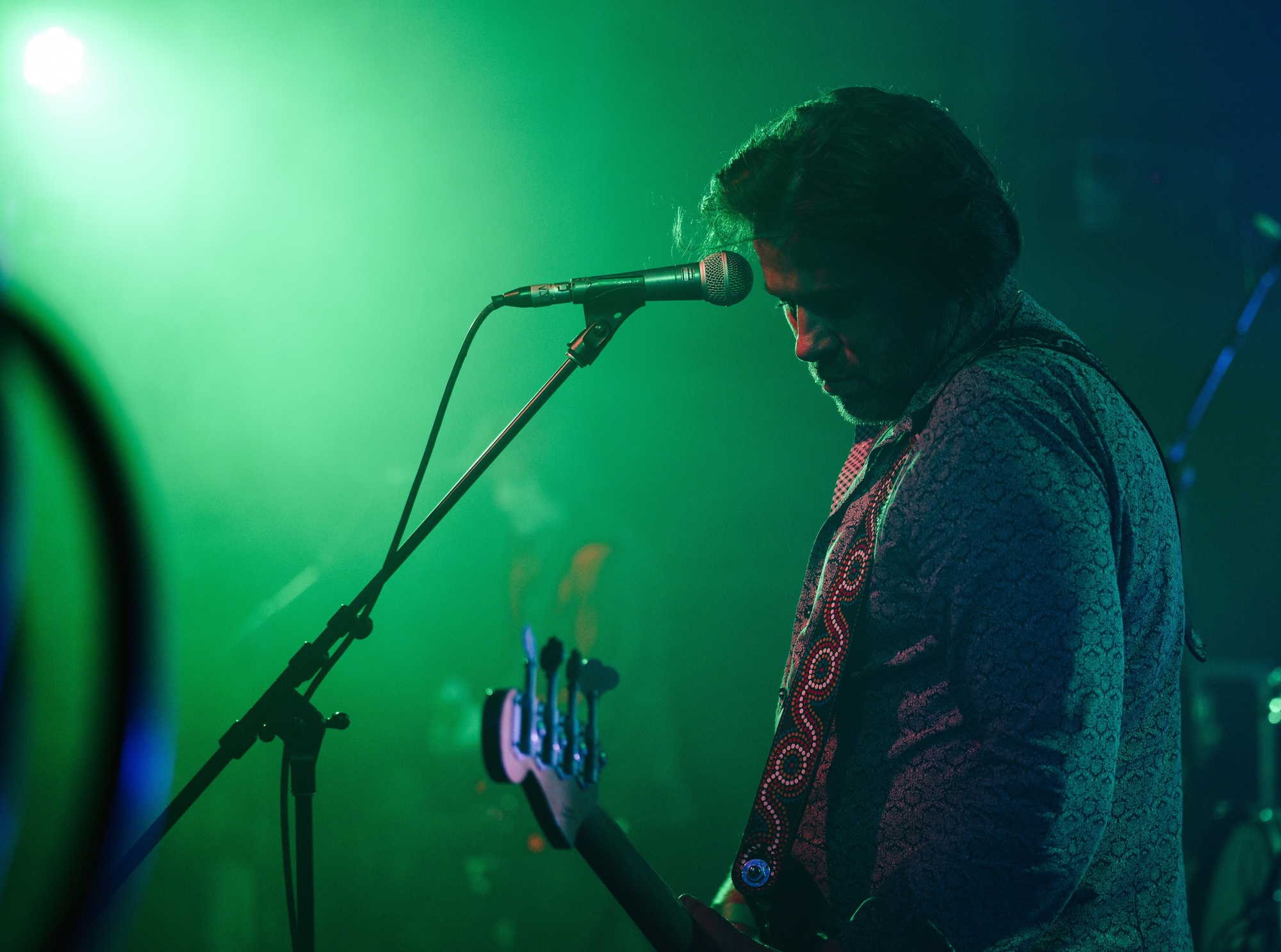How to Bet on Concert Tour On-Sale Demand and Opening Gross

So, you’re a music fan with a knack for predicting trends? Did you know that you can put your knowledge to the test and potentially make some money by betting on concert tours? That’s right, wagering on how well a tour will perform is becoming increasingly popular. This article will give you the basics on how to get started.
Gauging Initial Ticket Frenzy
The first step is assessing the initial demand when tickets go on sale. Several factors contribute to this, such as the artist’s recent popularity. Has their music been charting well? Are they all over social media? A recent hit single or viral moment can translate into a surge in ticket sales.
Next, consider the artist’s fanbase. Are they known for being dedicated and willing to travel to see their favorite performer? A loyal fanbase will almost guarantee a strong on-sale.
Also, think about the size and accessibility of the venues on the tour. Smaller, more intimate venues often sell out faster than larger arenas. Limited capacity creates demand.
Finally, keep an eye on presales. Many artists offer presale access to fans who are members of their fan clubs or who have signed up for email lists.
Analyzing the Hype Machine
Before tickets even go on sale, there’s usually a lot of promotion. How the tour is marketed plays a huge role in generating excitement. A well-crafted announcement, complete with a compelling video or eye-catching visuals, can create a wave of anticipation.
Pay attention to the media coverage the tour receives. Are music blogs and websites buzzing about it? Are mainstream news outlets picking up the story? Positive press can significantly boost ticket sales. Social media is also crucial. See how the artist is engaging with fans online. Are they teasing new music or sharing behind-the-scenes content? A strong social media presence can translate into ticket sales.
Crunching the Numbers: Predicting Gross Revenue
Once the tour begins, the focus shifts to predicting gross revenue. This is the total amount of money earned from ticket sales at each show. Several factors influence gross revenue. Venue capacity is a major one. Obviously, a larger venue will generate more revenue than a smaller one, assuming both sell out. Ticket prices also play a role. Artists who charge premium prices for their tickets will generally generate higher gross revenue.
The location of the venue matters too. Shows in major cities with large populations tend to do better than shows in smaller markets. Also, consider the day of the week. Weekend shows typically draw larger crowds than weekday shows.
To make accurate predictions, you’ll need to do some research. Look at the artist’s past tour history. How did their previous tours perform in similar markets? What were their average ticket prices? You can find this information on websites that track concert data.
Spotting Potential Roadblocks
Even with careful planning, unexpected things can happen that affect tour performance. Bad press can hurt ticket sales. Getting caught up in controversy or receiving negative reviews for their shows can turn fans away.
Health issues can also derail a tour. Sickness and injury can result in cancelled shows which leads to refunds and lost revenue. Economic conditions can also play a role. During times of economic uncertainty, people may be less willing to spend money on concert tickets.
Competition from other events can also affect attendance. If there’s a major sporting event or festival happening in the same city on the same night, that can draw away potential concertgoers. Keep an eye on these potential roadblocks when making your bets.
The Role of Scalpers and Resale Markets
The secondary ticket market, often involving scalpers and resale platforms, significantly impacts both on-sale demand and potential gross revenue. Scalpers, whether individuals or sophisticated operations, buy up tickets with the intention of reselling them at a profit. A high volume of tickets appearing on resale sites immediately after the on-sale can indicate exceptionally high demand, but it also means that the initial gross revenue figures may not accurately reflect the true fan demand, as many tickets are being held for later resale.
Monitoring resale prices can offer insights into the perceived value of tickets. If resale prices are significantly higher than face value, it suggests strong demand and potential for high gross revenue throughout the tour. However, a glut of tickets on the resale market, leading to lower prices, might signal that the initial hype was unsustainable or that the artist overestimated their drawing power in certain markets. Understanding these dynamics is crucial for making informed bets.
Deciphering the Impact of Venue Choice and Seating Configurations
The selection of venues and their seating configurations has a direct effect on potential gross revenue and fan experience. An artist might choose a mix of venue sizes to cater to different markets or to create a sense of exclusivity. A tour that includes a few smaller, more intimate venues alongside larger arenas could generate more excitement and higher ticket prices for the smaller shows.
The configuration of seating within a venue also matters. A venue with a large general admission (GA) floor area might appeal to younger fans seeking a more energetic experience, while reserved seating sections cater to an older or more affluent demographic. The pricing strategy for different seating sections can also influence overall revenue. Premium seating options, such as VIP packages or front-row seats, can significantly boost gross revenue, but they need to be priced appropriately to attract buyers. Analyzing these venue-specific details can provide a more nuanced understanding of a tour’s potential financial performance.
Betting on concert tours can be a fun and rewarding way to test your knowledge of the music industry. By understanding the factors that drive ticket sales and gross revenue, you can increase your chances of winning. So, do your research, trust your instincts, and get ready to rock!
Staying Ahead of the Curve
The world of concert tours is constantly changing. New artists emerge, trends shift, and the way people consume music evolves. To be successful at betting on concert tours, you need to stay informed and adapt to these changes.
Reading blogs and listing to podcasts whilst keeping up with social media trends will help to see which artists are gaining popularity. Follow music industry news closely. Attend concerts and see what’s working and what’s not. The more you immerse yourself in the music scene, the better equipped you’ll be to make accurate predictions.







